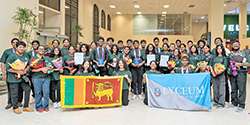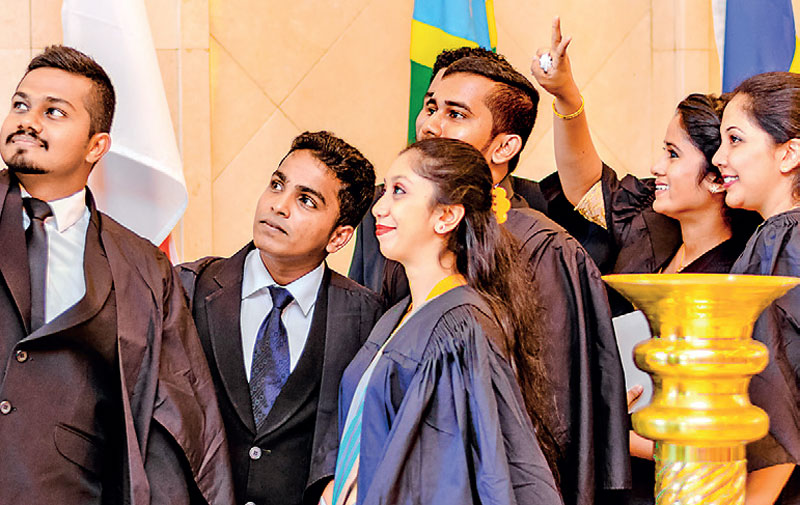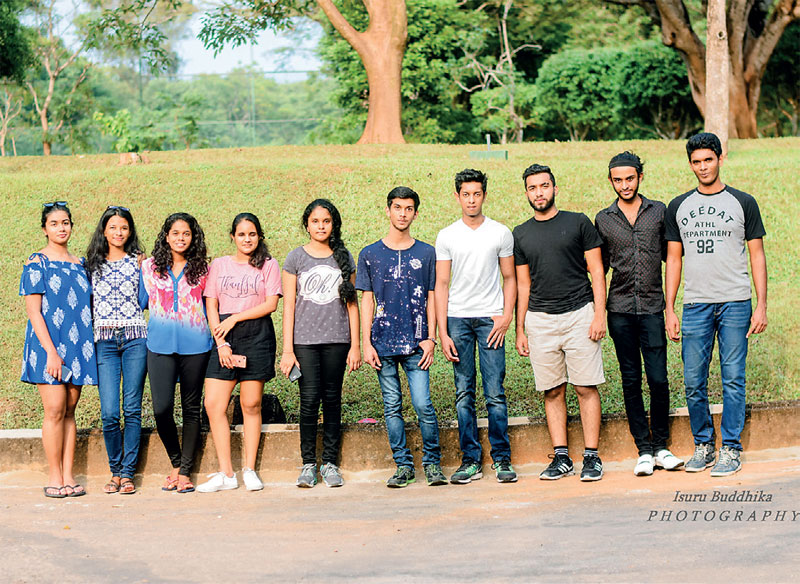The Rise of Alternative Education: Exploring Non-Traditional Learning Paths
 Introduction
Introduction
Traditional education has long been associated with crowded classrooms, standardised curriculum, and routine memorisation. But as more individuals realize that this one-size-fits-all approach does not cater to the diverse needs and learning styles of every student, alternative education is on the rise. As industries become increasingly specialised and technology continues to reshape the job market, alternative education has emerged as a viable solution to bridge this gap. By focusing on practical skills, vocational training, and real-world experiences, alternative education pathways prepare students for the challenges they will encounter in their chosen fields.
Alternative education emphasizes personalised, student-centric approaches that foster self-directed learning and critical thinking skills. The rise of alternative education can be attributed to several factors. Traditional school systems are often criticized for their lack of individual attention, and limited focus on practical skills. Alternative education provides solutions to these shortcomings, catering to students' diverse needs and aspirations. It is important to recognise that these non-traditional learning paths are not replacements for traditional education but rather complementary options. By embracing alternative approaches, we can create a more inclusive and adaptable education system that meets the varying needs of learners in the 21st century.
Online Learning – Online learning has made education easily accessible to people all over the world, breaking down geographical barriers and enabling individuals to access educational resources and courses regardless of their location. This accessibility has been crucial in expanding alternative education opportunities, as people can now access specialised courses and learning materials that may not be available in their local area. From Massive Open Online Courses (MOOCs) to specialised platforms, individuals can now access a vast range of subjects without the confines of time and location.
Traditional education typically follows a rigid curriculum, limiting the range of subjects and learning pathways available to students. In contrast, online learning provides a wide variety of courses and subjects that cater to niche interests and specific skill development. This diversity encourages alternative education by supporting non-traditional learning paths and fulfilling the unique learning goals of individuals.
Experiential Learning – This encourages active participation and engagement with the subject matter. It goes beyond passive listening and reading, promoting hands-on experiences that help students develop a deeper understanding of concepts through direct involvement. Experiential learning provides an opportunity for students to apply theoretical concepts in practical situations, making their learning relevant, applicable, and tangible. Experiential learning allows for personalised learning experiences tailored to individual needs and preferences. Students can explore nontraditional learning methods that align with their learning styles, interests, and goals, giving them the freedom to pursue their passions and enhance their strengths.
Alternative Higher Education – Alternative higher education offers a range of non-traditional programmes, such as vocational training, online courses, apprenticeships, and experiential learning opportunities. This diversity allows individuals to choose a learning path that aligns with their unique interests, goals, and learning styles, ensuring their needs are met. It expands access to education for individuals who may face barriers to attending traditional universities. This includes working professionals, individuals with financial constraints, or those who live in remote locations. These alternative learning paths provide flexibility in terms of time, location, and pace of learning.
Community-Based Education Initiatives – Traditional education systems often have a one-size-fits-all approach, which fails to cater to the diverse learning needs of individuals. Community-based education initiatives, on the other hand, provide a platform for non-traditional learning paths that can be tailored to different learning styles, abilities, and interests. This flexibility allows individuals to pursue their education in ways that are most effective and meaningful for them. Alternative education initiatives prioritise learner autonomy, providing students with the freedom to direct their learning. By shifting the focus from a teacher-centred to a learner-centred approach, these initiatives encourage individuals to take control of their education, explore their interests, and pursue personalised learning paths.
Conclusion
The rise of alternative education marks a transformative shift in our society's perception of learning and education. By embracing non-traditional paths, individuals have the opportunity to explore diverse interests and passions, fostering a deep sense of fulfilment and self-discovery. While the traditional education system continues to play a vital role, alternative education opens doors for individuals to customize their learning experiences and forge their unique paths toward success. As we navigate the future, we must recognise the value and potential of alternative education in cultivating a generation of innovative thinkers, problem solvers, and lifelong learners. Ultimately, the rise of alternative education offers new avenues for knowledge acquisition, empowering individuals to break free from societal norms and redefine what it means to be educated.









































.jpg)
.jpg)
.jpg)
.jpg)

.jpg)
